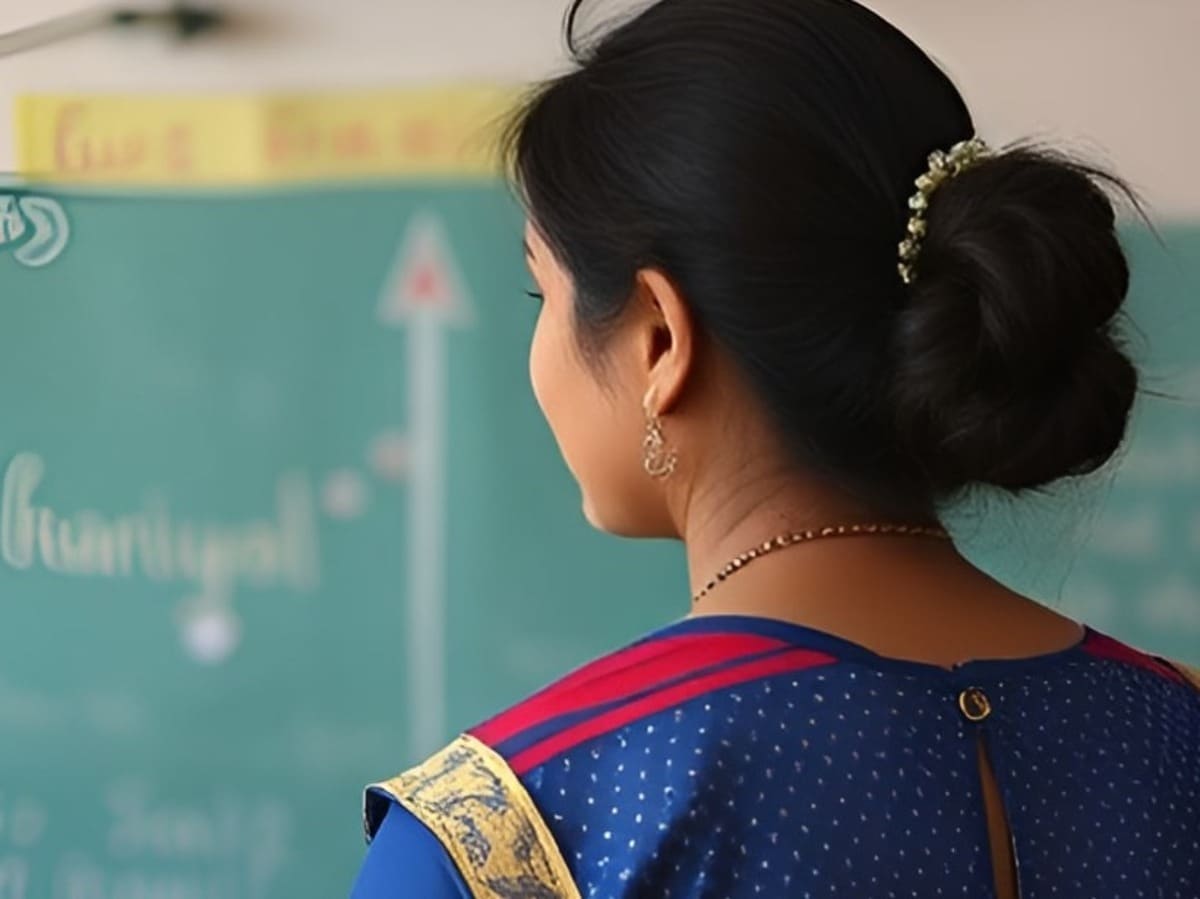Introduction
After a decade, significant changes are on the horizon for the Bachelor of Education (B.Ed) course in India. The National Council for Teacher Education (NCTE) has reinstated the one-year B.Ed program, marking a pivotal moment in teacher training and education. This shift aims to respond to the evolving educational landscape and the growing demand for qualified educators.
Background of B.Ed Program
The B.Ed program has undergone various transformations over the years, adapting to the needs of both students and the education system. Previously a two-year course, the one-year program is designed to intensify the focus on teaching methodologies and practical training.
Why the Shift to a One-Year B.Ed Course?
The decision to reintroduce the one-year B.Ed program is influenced by several factors:
- Efficiency in Teacher Training: A one-year program allows for a more intensive and focused approach towards teacher training, enabling candidates to complete their education more swiftly.
- Global Standards: Many countries have adopted a similar structure for teacher education, and this shift aligns with global best practices in teacher preparation.
- Increased Demand: With the rising need for qualified teachers across various educational institutions, this course aims to bridge the gap quickly.
Curriculum Changes and Enhancements
The one-year B.Ed program is designed to incorporate contemporary teaching techniques and educational theories, ensuring that graduates are well-equipped for the modern classroom. Key enhancements include:
| Curriculum Component | Description |
|---|---|
| Theoretical Courses | In-depth study of educational psychology, pedagogy, and assessment methods. |
| Practical Training | Hands-on teaching experience through internships in schools, ensuring real-world application. |
| Electives | Opportunities to specialize in areas such as special education, digital learning, and curriculum development. |
Impact on Future Educators
The reintroduction of the one-year B.Ed program is poised to greatly influence the future of education in India. It presents several advantages for prospective educators:
- Enhanced Employability: Graduates will be better prepared for the job market, owing to the updated curriculum and practical training experiences.
- Focused Learning: A compressed format allows for focused learning, enabling educators to gain comprehensive knowledge in a shorter period.
- Adaptability: With exposure to modern teaching methodologies, graduates can adapt to diverse classroom environments and student needs effectively.
Conclusion
The approval of the one-year B.Ed course by the NCTE signifies a transformative step in the realm of teacher education in India. This initiative not only aims to streamline the process of becoming a qualified educator but also seeks to enhance the overall quality of education in schools across the nation. By embracing contemporary educational practices, the one-year B.Ed program is set to equip future teachers with the tools necessary to thrive in an ever-evolving educational landscape.
